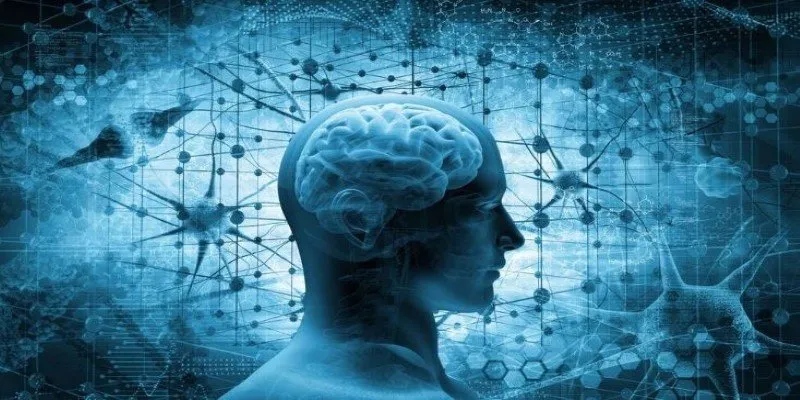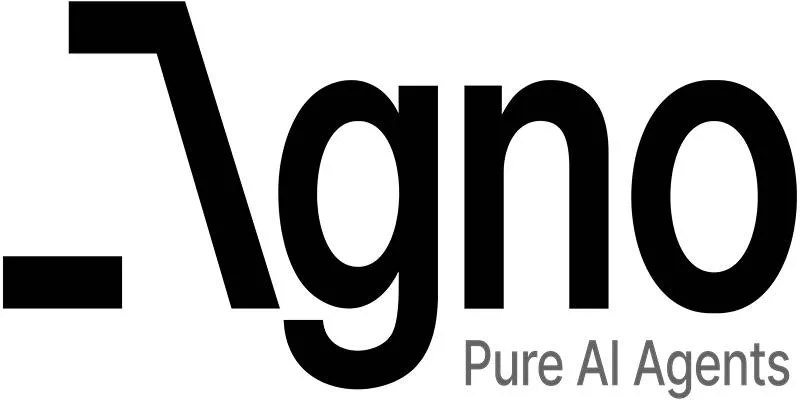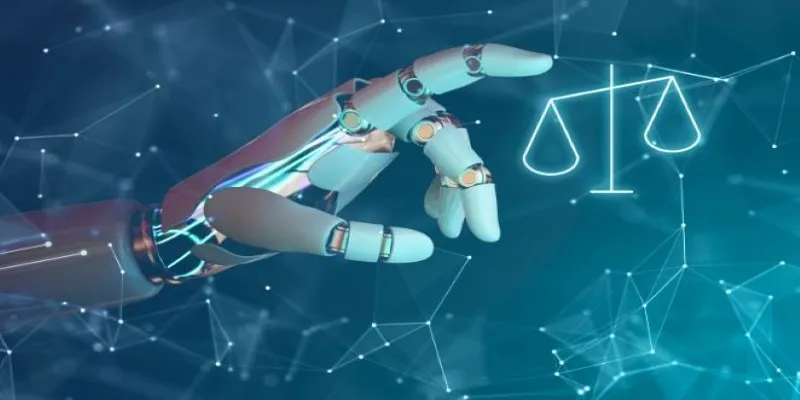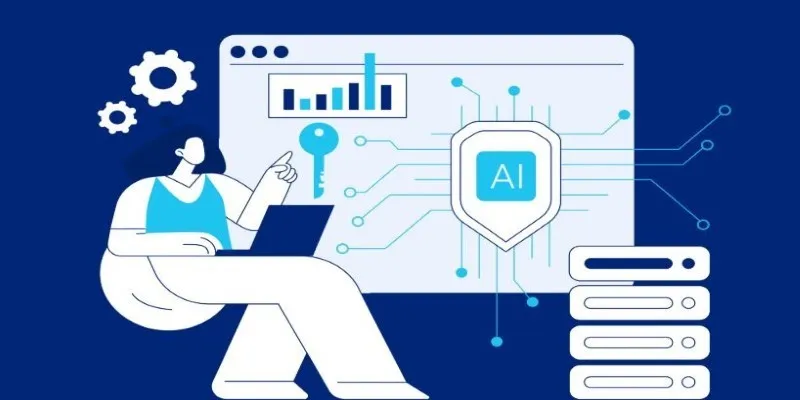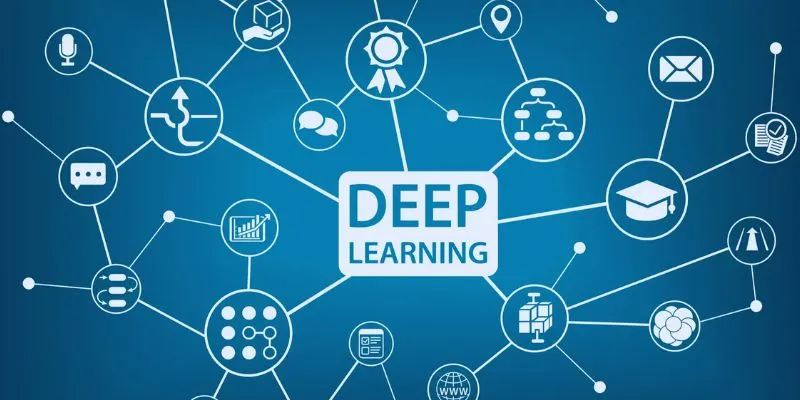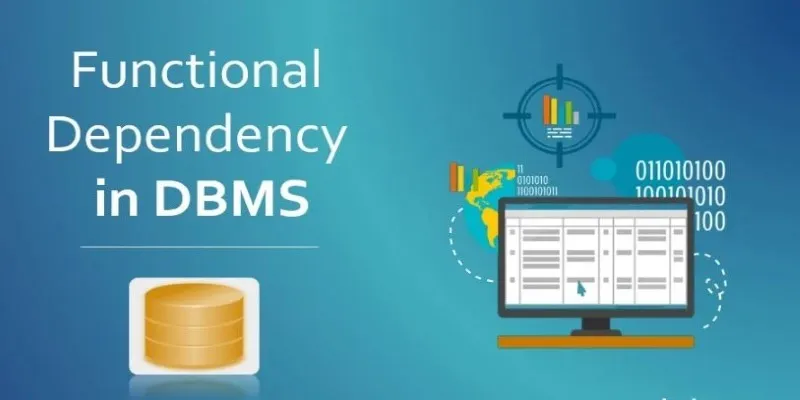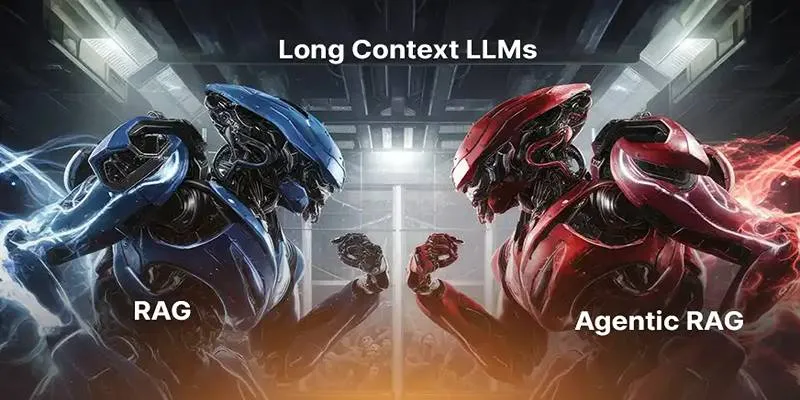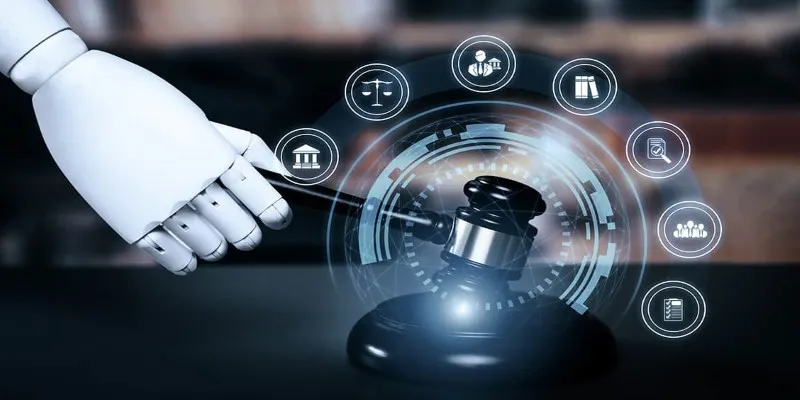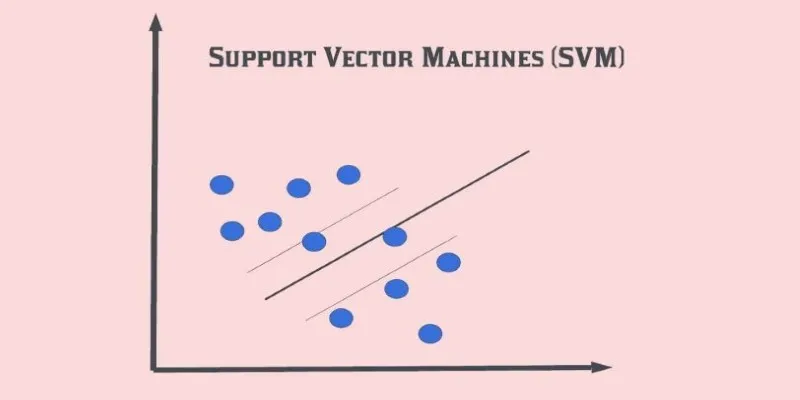Mental health is a critical component of overall well-being, yet many individuals still face barriers to accessing adequate support. With the advent of technology, AI is emerging as a transformative force in mental health care. Through therapy bots and emotional analysis, AI provides an innovative approach for those seeking help in a safe, private, and convenient manner.
Although not a substitute for human professionals, these tools offer essential support by providing guidance, monitoring emotional shifts, and enabling early interventions. This article delves into how AI is reshaping mental health care and the potential benefits it offers.
How Does AI in Mental Health Work?
AI in mental health utilizes advanced technologies to comprehend and respond to human emotions and behaviors. By employing natural language processing, machine learning, and data analysis, these tools deliver personalized support. During interactions with a therapy bot, the AI evaluates the user’s words, tone, and communication patterns to derive insights into their emotional state. Some systems even consider factors like speech speed, pauses, or word choice for more accurate and helpful responses.
What distinguishes AI in mental health is its accessibility—these programs are available 24/7, offering a level of support beyond what a human therapist can provide. They are always ready to listen, free from judgment, and capable of recommending coping techniques, relaxation exercises, or simply offering a comforting presence.
AI also excels at monitoring emotional fluctuations over time. By collecting data, these systems can detect subtle mood changes, identify stress patterns, and even predict potential emotional issues. This continuous emotional analysis assists mental health practitioners in delivering more personalized, real-time support to patients, enhancing treatment efficacy and proactivity.
Benefits of Therapy Bots and Emotional Analysis
Therapy bots and emotional analysis tools present several advantages in the mental health realm. Privacy is a significant benefit, as many individuals avoid therapy due to fear of judgment or discomfort with face-to-face interactions. Therapy bots provide a safe and private space for expressing feelings.

Affordability is another key advantage. Regular therapy sessions can be costly, and not everyone can afford them. AI in mental health makes support accessible to people from diverse backgrounds at little or no cost. This is particularly beneficial in rural areas where mental health services may be limited.
Therapy bots can address common emotional issues such as stress management, confidence building, and daily anxiety. They offer simple exercises like breathing techniques, journaling prompts, or positive thinking advice. For those beginning their mental health journey, these tools provide a valuable starting point.
Emotional analysis aids professionals in early problem detection. AI tools can observe changes in a person’s mood over time. For example, if someone who typically interacts cheerfully with a bot suddenly becomes quiet or negative, the system can alert the user or suggest seeking human support. Early intervention of this nature can prevent more significant problems from developing.
Furthermore, therapy bots and emotional analysis tools can support professionals by analyzing large volumes of patient data faster than humans, allowing therapists to focus on personalized care while AI manages routine monitoring.
Challenges and Concerns
Despite their numerous advantages, AI in mental health also faces challenges. A primary concern is the accuracy of emotional analysis. Human emotions are complex, and machines may not fully grasp them. While therapy bots provide basic support, they lack the deep empathy and understanding that human therapists offer.
Privacy is another major concern. Since these tools collect sensitive emotional data, stringent security measures must be in place. Users need to understand how their data is used, stored, and protected. Without proper transparency, trust in AI mental health tools may diminish.
Over-dependence on therapy bots is another issue. While they offer quick help, they are not intended to replace professional care in serious cases. Individuals with deep trauma, severe depression, or mental health disorders require human intervention. AI tools should be viewed as supplementary support, not the primary treatment method.
Cultural sensitivity is also a challenge. AI tools are developed based on data from specific groups, which means they may not accurately interpret the emotional expressions of people from different cultures or backgrounds. AI in mental health must continually improve and learn from diverse user experiences.
The Future of AI in Mental Health
The future of AI in mental health is promising. As technology advances, therapy bots and emotional analysis tools will become smarter and more effective. Companies are working to create more human-like conversations in bots, fostering a sense of connection with users.

We may see AI tools integrated into daily life, such as smartwatches or mobile apps that monitor mood and provide mental health tips. Emotional analysis could help schools, workplaces, and communities detect stress levels and offer timely support, making mental health care a regular part of life rather than a last resort.
Therapy bots might also collaborate more closely with human therapists. AI can manage routine check-ins, reminders, or progress tracking, while human therapists focus on building deeper emotional connections. This synergy between technology and human care can strengthen mental health systems globally.
However, the success of AI in mental health will depend on clear regulations, ethical practices, and continuous improvement. Developers must ensure privacy, inclusiveness, and emotional sensitivity in every tool they create. When used responsibly, therapy bots and emotional analysis tools can help millions better manage their mental health.
Conclusion
AI in mental health offers innovative ways to support emotional well-being through therapy bots and emotional analysis tools. While these technologies provide privacy, accessibility, and early intervention, they are not replacements for professional care. AI’s role is to assist, monitor, and complement human therapists, ensuring timely support. As technology progresses, AI can play a vital role in building a more accessible, proactive, and inclusive mental health care system.
 zfn9
zfn9
